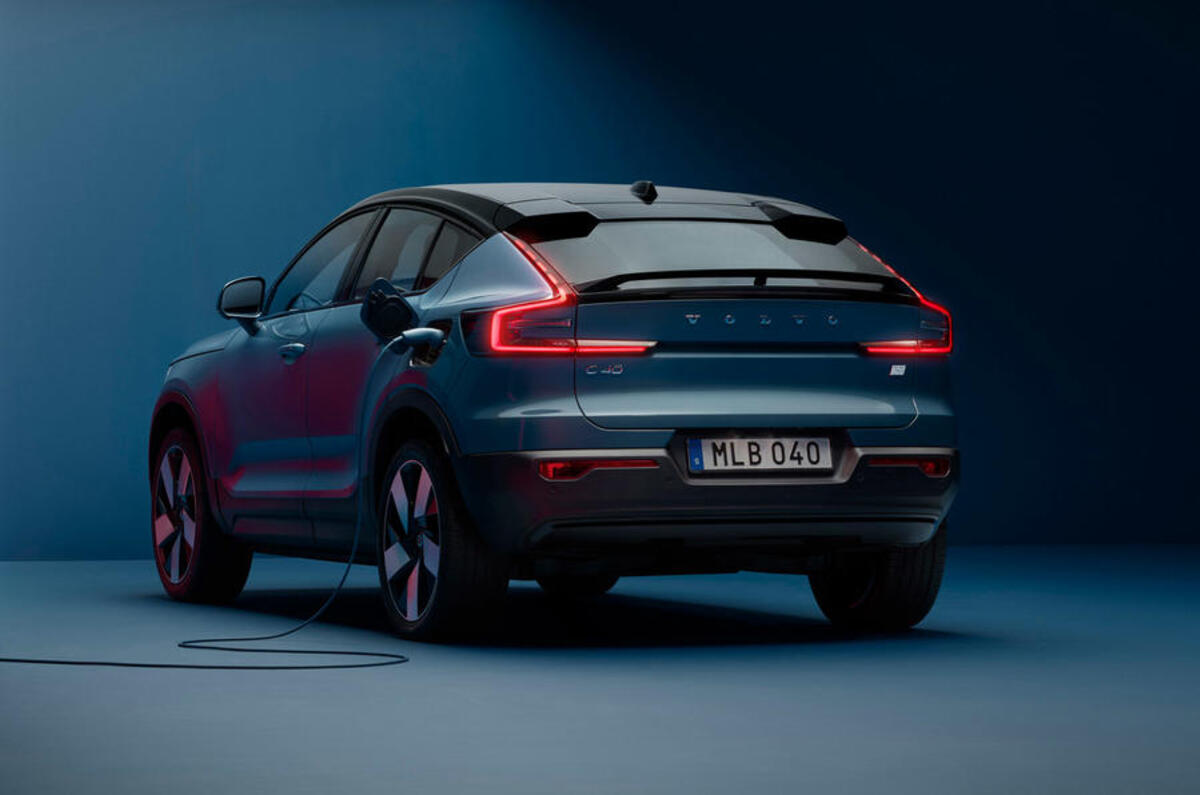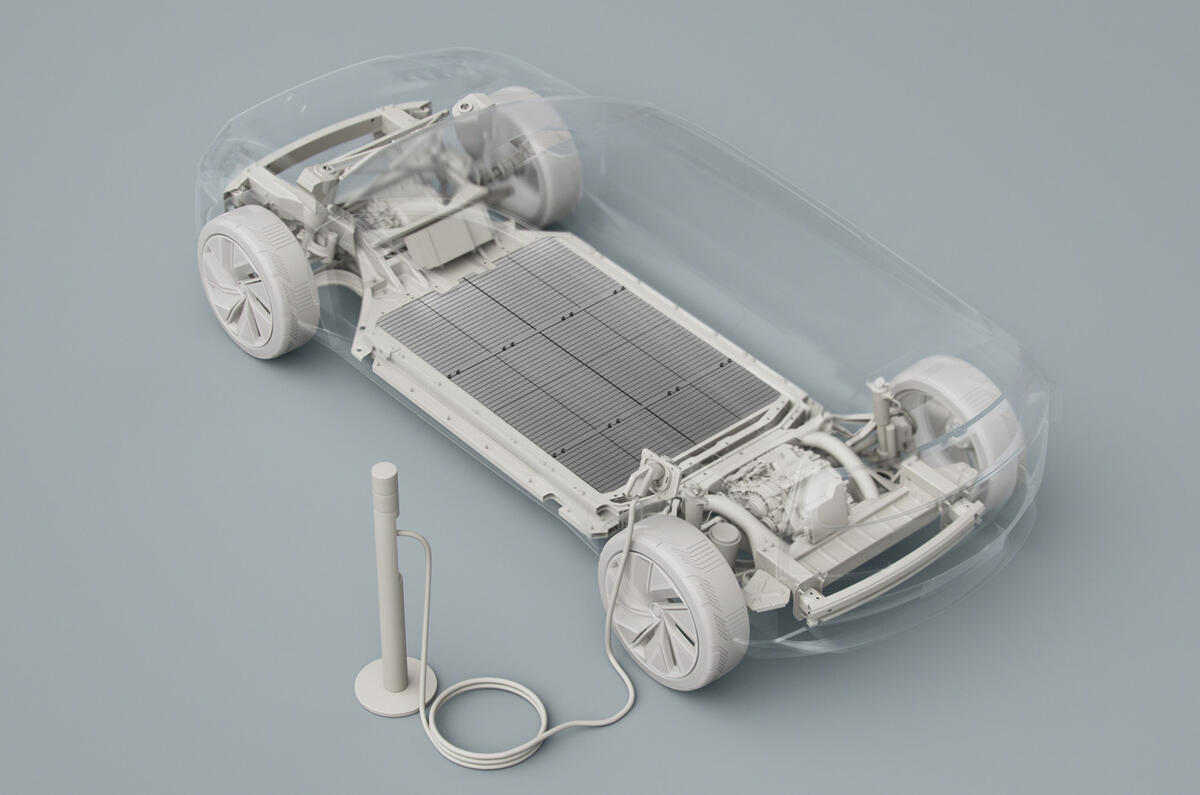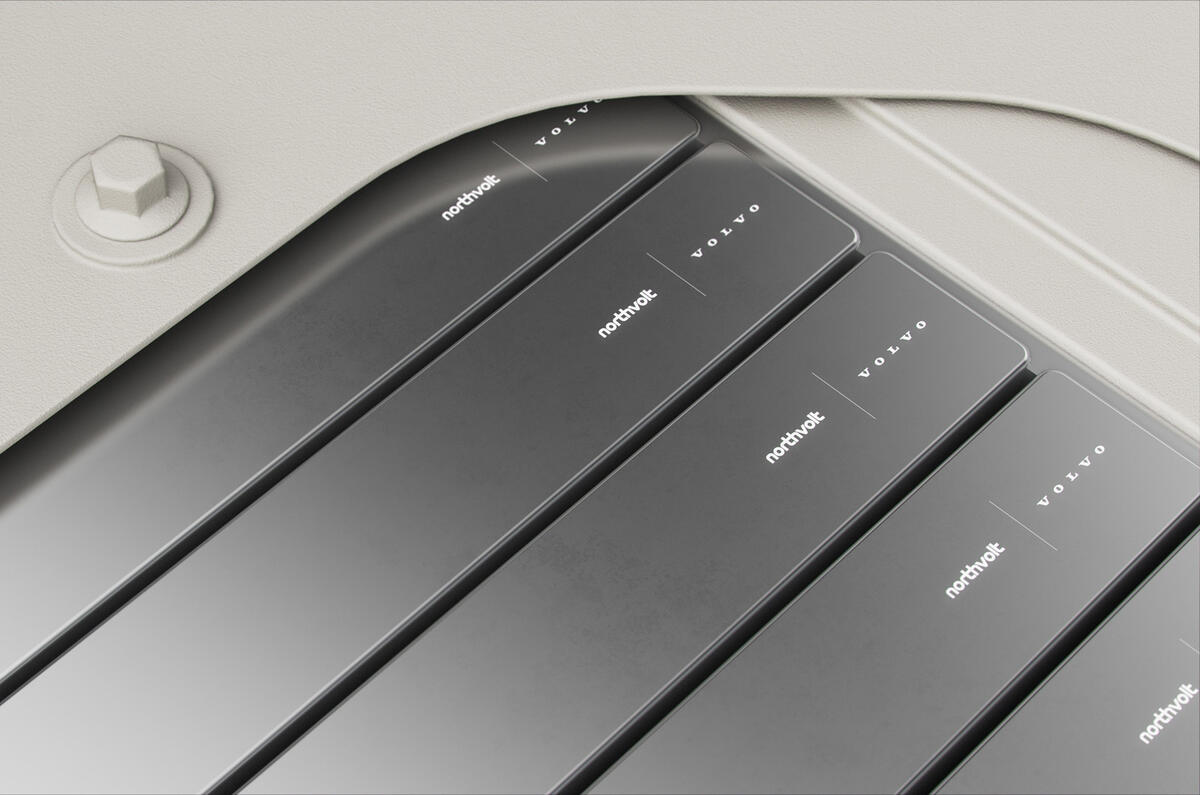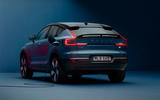Volvo has appointed former Tesla executive Adrian Clarke to drive forward its battery cell production company, as part of the firm’s joint venture with Northvolt.
Clarke and Volvo will work with battery development partner Northvolt to open a new dedicated battery factory and a research and development centre in Gothenburg.









Join the debate
Add your comment
A couple of key points about battery factories:
They can be powered entirely by renewable electricity. (Like the exisiting Northvolt factory is.) They can recycle their own batteries at end of life, though this battery life could be 25 years or more. (The exisiting Northvolt factory can recycle batteries.) One day, it may be possible to create a circular economy of battery materials, without the need to extract any further resources. It's hard to see how any fossil fuel supply chain or fuel can ever compete with this. Seen any recycled diesel lately? Or recycled crude oil?
Be interesting how this pans out as BMW and Volkswagen have a massive share in northvolt and co develop batteries with northvolt.
"Lead battery production".
And here was me thinking all the automotive manufacturers used Li-Ion batteries...
;-)